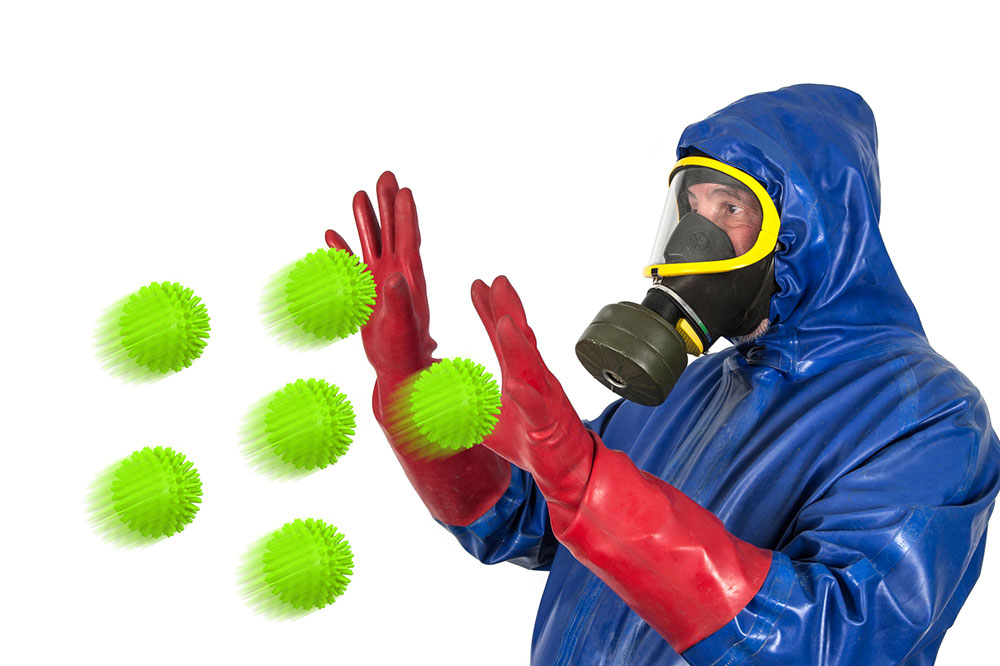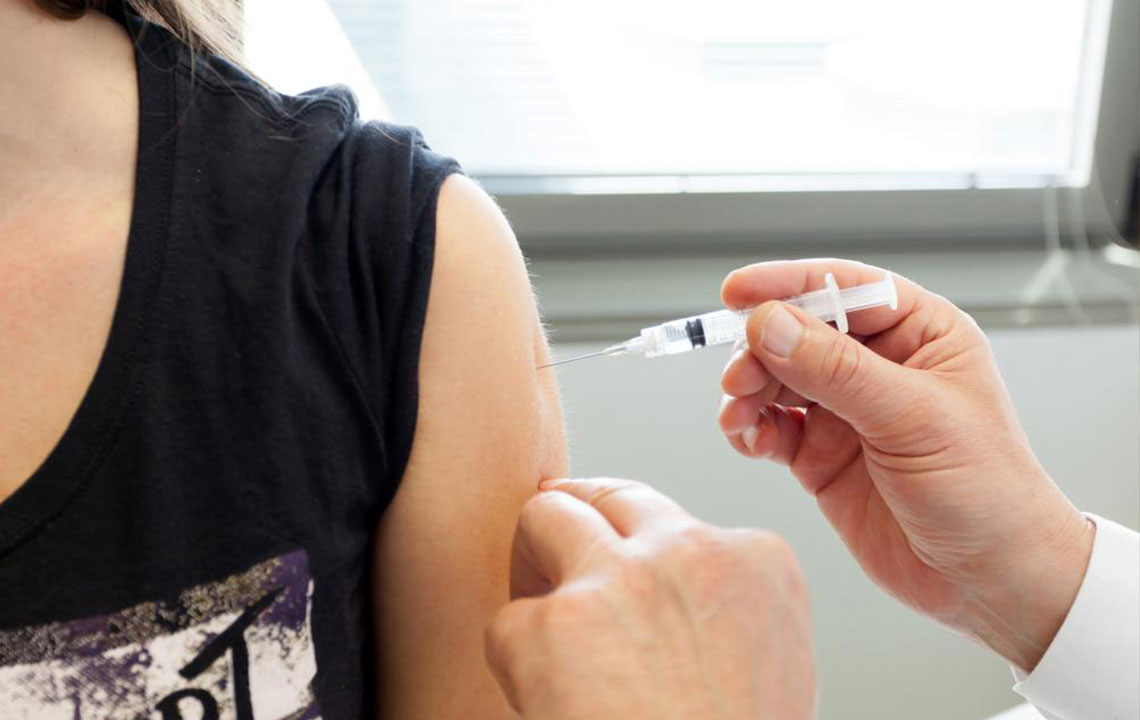Understanding Pneumococcal Pneumonia in Children: Causes, Symptoms, and Prevention
This article discusses pneumococcal pneumonia in children, covering causes, symptoms, transmission, and prevention strategies like vaccination. It emphasizes the importance of awareness and timely healthcare intervention for affected children. Proper hygiene practices and immunization are key to reducing the risk. The content provides valuable insights for parents and caregivers to safeguard children's health effectively.

Understanding Pneumococcal Pneumonia in Children: Causes, Symptoms, and Prevention
Infants and young children are highly susceptible to bacterial and viral diseases because their immune systems are still developing. One serious bacterial infection they face is pneumococcal pneumonia, caused by Streptococcus pneumoniae. This infection can impact multiple organs, including the lungs, brain, bloodstream, ears, and sinuses, and can lead to severe health complications.
How is the infection transmitted?
Studies indicate that up to half of the population may carry this bacteria without showing symptoms. Children are particularly vulnerable due to their weaker immune defenses. The bacteria spread through inhalation of contaminated air or contact with infected surfaces. Activities like sneezing, coughing, or sharing utensils and drinks can facilitate transmission. Preventing children from putting objects in their mouths and avoiding sharing food or drinks are essential preventive measures.
Symptoms of pneumococcal pneumonia vary depending on the affected area:
If the infection reaches the brain, it can cause meningitis, characterized by vomiting, seizures, headaches, persistent crying, and drowsiness.
Bloodstream infections may lead to high fever, fatigue, nausea, and loss of appetite. Immediate medical attention is advised if these symptoms appear.
Lung infections cause chest pain, persistent coughing, and yellow mucus discharge.
Preventive measures
Vaccination remains the most effective way to prevent pneumococcal pneumonia. The pneumococcal vaccine helps protect children from infection with the bacteria and related complications, ensuring their safety and health.










